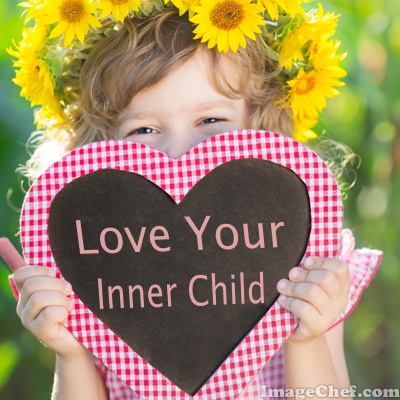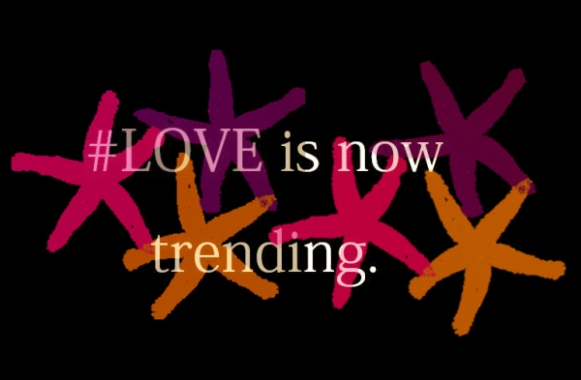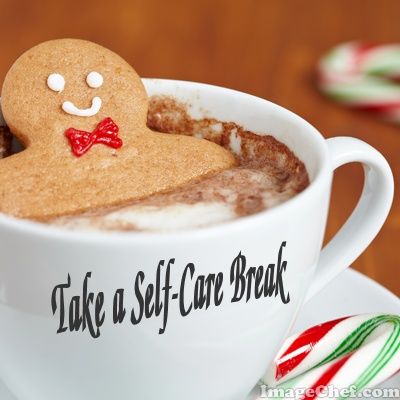Love Your Inner Child
Love your inner child.
We all still have the inner child inside of us. Sometimes the inner child takes over and feels things as if we were that vulnerable small person again.
If you had any mental abuse or other abuse during your childhood, then your inner child will still feel the unfairness of situations and experience it as if you were back in time. Sometimes we can have a feeling of helplessness, that is the same as we felt when we were small children or teenagers, and dependent upon others for most everything.
Sometimes certain people may behave in such a way that triggers the trauma response from things we experiences as children. As an adult we are not sure where this severe emotion and feeling of helplessness is coming from.
We may react to the person out of our trauma response, rather than act out of thought. If we are sent by our brain back to that feeling of helplessness, then we may feel angry, afraid or sad.
When dealing with manipulative people, we need to be in an emotionally detached state of mind. Then we can observe what they are doing and not get caught up in the emotions of our inner child.
Keeping an emotionally detached state, when dealing with manipulative people, will help to keep you from being taken advantage of.
We do not have to feel what this person is trying to force us to feel. We can choose how much emotion this person is going to be allowed to get out of us. Maybe they are not even worthy of you getting upset to please them.
Perhaps we do not have to comply with their desires when they are unreasonable. After all those are their desires not yours.
Listen to your inner child and care for them.
They are still a part living inside of your mental makeup. Your inner child has wounds that may have not have healed. Maybe your inner child still feels helpless and as an adult you sometimes fall into a learned helplessness state.
Learned helplessness is the feeling of being helpless in a situation even when you have the power to walk away or make changes, such as controlling your response. People can push you around and manipulate you easily when you are in this state if being.
You are not helpless and you can control your responses in situations. But your inner child needs to be tended to, if you are going to able to take more control over situations where manipulative people are trying to dominate over you.
If the inner child has things to say, then they need to be heard. They were treated unfairly in situations and perhaps they were not given the love and feeling of security that they should have been given.
You can comfort your inner child by communicating with them and telling them that you understand that they are hurt and confused. Let them know that people could have and should have treated them differently in many situations. It was unjust, unkind or abusive.
When there are times that are appropriate, you can have this communication with this part of yourself that lives inside of you.
Time seems linear but as far as your inner child is concerned time is stuck at the point where their developmental growth was interfered with.
They are stuck in the pain of the time on your life where you were most vulnerable and your rights were violated.
Children and teenagers should be given respect and room to express their thoughts and feelings. If your was not, then they may still have thoughts and feelings that they want to let you know about.
Care for this inner child, as if they were under your guardianship, because they are. Ignoring them will cause for them to come jumping to the foreground when you are in stressful situations, especially ones that remind them of injustice they experiences.
It is okay to still carry those feelings from your childhood, but it can be damaging to you to ignore them. You would have treated the child differently, if you had been the adult caring for them. The same goes for when you were a teenager.
Let them know that you would have done things differently in the situations that are bothering them the most. You can go over the situation.
Allow your inner child to tell you what they are hurt about.
From an adult point of view, evaluate where the caregivers did things that were thoughtless or selfish. Then tell your inner child that it should not have happened that way and you would not have done that to them.
Let them know that they deserved to be treated better. Even tell them exactly what should have happened and how a loving adult, like you, would have cared for them.
Any feelings that are being carried by your inner child, are valid and they matter. They cannot be left unattended. This will only cause for you to become disabled in situations where another person is attempting to manipulate you.
Some kinds of toxic people are very good at targeting the people that have a wounded inner child. They can tell and they know where to push your buttons, to make you go into the learned helplessness mode.
Love yourself and your inner child.
It was unfair that you were mistreated as a child or a teenager. You need to let your inner child know that you know this and are feel for them.
Care for yourself and your inner child. Learn to identify when you are being triggered by a situation that is making you feel that vulnerability, helplessness and unworthiness. Children who grew up with people who made them feel unworthy of love and attention, carry that feeling into adulthood.
Let your inner child know that they were always worthy of love and affection.
You were worthy of your feelings and thoughts being listened to. As an adult you are also worthy of love. You are worthy to have your feelings about situations respected and considered.
Once you can know that you are just as worthy and special as anyone else, it will be easier for you to make your voice heard and let others know that their feelings are not the only feelings that matter.
Blessings,
Annie







